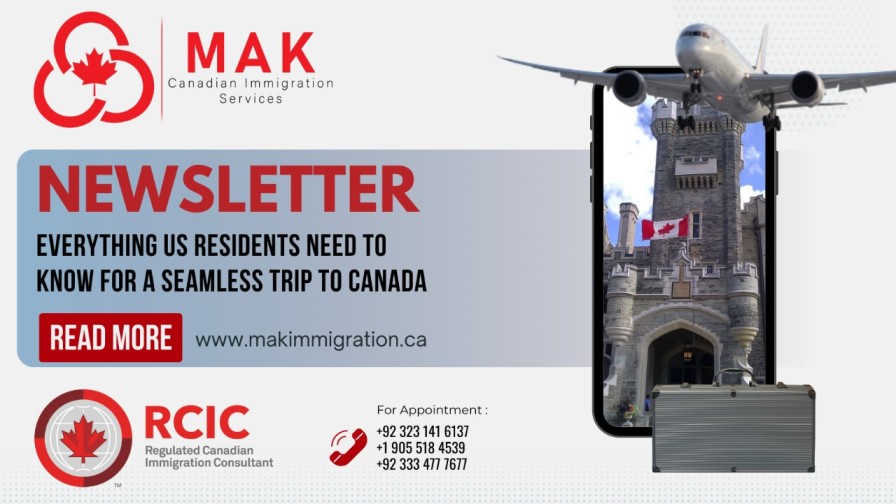Do you have any questions about your ability to visit Canada as a US resident? Whether traveling for tourism, business, or visiting friends and family, understanding the entry requirements can make your trip smoother and more pleasant. Here’s what you need to know for smooth travel:
Is a visa required for a US resident to travel to Canada?
Normally, US residents do not need a visa for visits up to six months, whether for tourism, business, or family. The requirements may vary slightly depending on your specific status.
- US citizens do not currently require a visa. Currently, US citizens do not require a visa. You can enter Canada with a valid US passport and stay for up to six months (or less).
- US Green Card Holders: You should bring your green card and passport from your native country. If your passport originates from a country that requires a visa for entry into Canada, you may face a visit.
Do US Citizens Have to Obey COVID-19 Regulations When Traveling to Canada?
Currently, Canada has lifted most of the restrictions limiting international travel due to COVID-19. In any case, it’s still a good idea to check Canada’s official travel website before traveling there.
Entry Requirements for US Residents
While you do not require a visa for short-term visits as a resident of the US, you must still meet specific entry qualifications:
- Visit Purpose: You must be prepared to provide evidence of your need to enter Canada (business tourism, family visit, etc.).
- Ties to the US: Immigration officers and Canadian authorities may require evidence that you have reason to return to the US—such as family, a job, or other property.
- Criminal History: If you have a criminal record, you may need to apply for a Temporary Resident Permit (TRP) or a criminal rehabilitation application before entering Canada.
How Long Can a US Resident Stay in Canada?
With a valid US passport, most people cannot stay in Canada for more than six months. Immigration and border control officers at the Canadian borders, however, can exercise discretion over the stay limits. However, residents who wish to stay for more than six months without a super visa or Detainee Freedom Visa must apply for an extension and obtain a new visa.
Border Crossing Options: Land, Air, and Sea
Whether a person is a US resident traveling to Canada by land, air, or sea, the following are possible border-crossing options:
- By Land: If you are traveling from the USA to Canada, there is a land border and checkpoints around the border regions. Individuals should ensure they have their passports, green cards, and other pertinent documents ready for the border security personnel.
- By Air: During air travel, air turbulence is a constant presence. Although US citizens should undergo customs upon departing the US, they must still meet Canada’s immigration criteria upon reaching the country.
- By Sea: Similar to completing the immigration process by air or land, a person arriving by ferry or any other cruise must present the necessary documents to the Canadian Border Services Agency officers.
What Are the Consequences If You Are Refused Admission?
While it is rare for U.S. residents to face admission refusal, it remains a possibility. Some common reasons for denial include legal issues such as a criminal record, failure to provide complete or accurate documentation, or not having a valid passport or green card. If admission is refused, you may need to return to the U.S. or apply for an entry permit to resolve the issue and continue your journey
Conclusion
With the right documentation, US residents and Green Card holders can travel to Canada, but for a hassle-free trip, we recommend double-checking entry rules.

